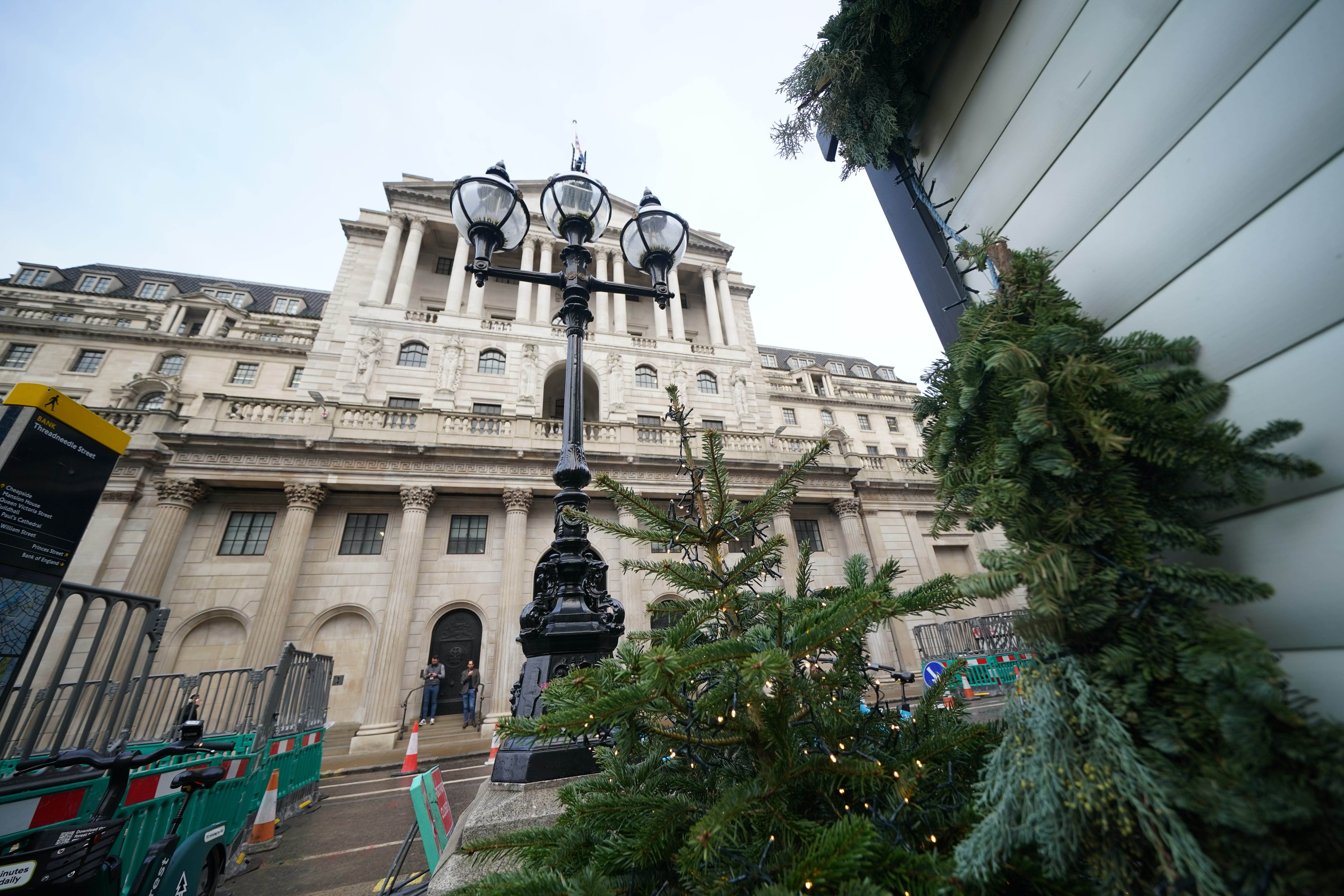Bank of England rate setter: It is ‘prudent’ to assume energy prices could rise
Catherine Mann was in favour of putting rates up at the most recent meeting of the Monetary Policy Committee.

A Bank of England rate setter has said that without the downward pressure of energy, inflation will not return sustainably to the Bank’s 2% target.
Catherine Mann said that it is “prudent” to think that there might be a larger risk of energy prices rising than falling, which could help to keep inflation higher.
Ms Mann was one of two members of the Monetary Policy Committee who, last week, voted for rates to increase from 5.25% to 5.5%. The majority of the nine-person committee, however, voted to keep rates unchanged.
“Monetary policy is working, so patience is warranted, and a hold could have been my appropriate vote,” she said on Thursday.
It is prudent to consider that the risk of a higher energy price is greater than that of a lower one
“I see risks of continued inflation momentum and embedded persistence. Inflation is the most pernicious of taxes, affecting all households, and those at lower incomes most severely.”
“I determined it was prudent to vote for another increase in Bank Rate. It was a finely balanced decision.”
The Bank forecast last week that inflation will, if interest rates are cut as markets expect them to be, fall back to the 2% target by the middle of this year. But after that it would start to rise again.
This is because energy prices will be lower than they were a year earlier around the middle of the year, and put downward pressure on inflation as a result.
But, after the summer, this effect will fall away, which will lead to the increase in inflation.
“Without energy contributions, inflation, in fact, never reaches the 2% target within the next three years,” Ms Mann said.
She added: “Of course, we cannot know whether there will be further energy shocks over the next three years.
“But, given the currently low energy price futures curve (low at least in the context of recent years) and geopolitical stresses, it is prudent to consider that the risk of a higher energy price is greater than that of a lower one.”
Bookmark popover
Removed from bookmarks